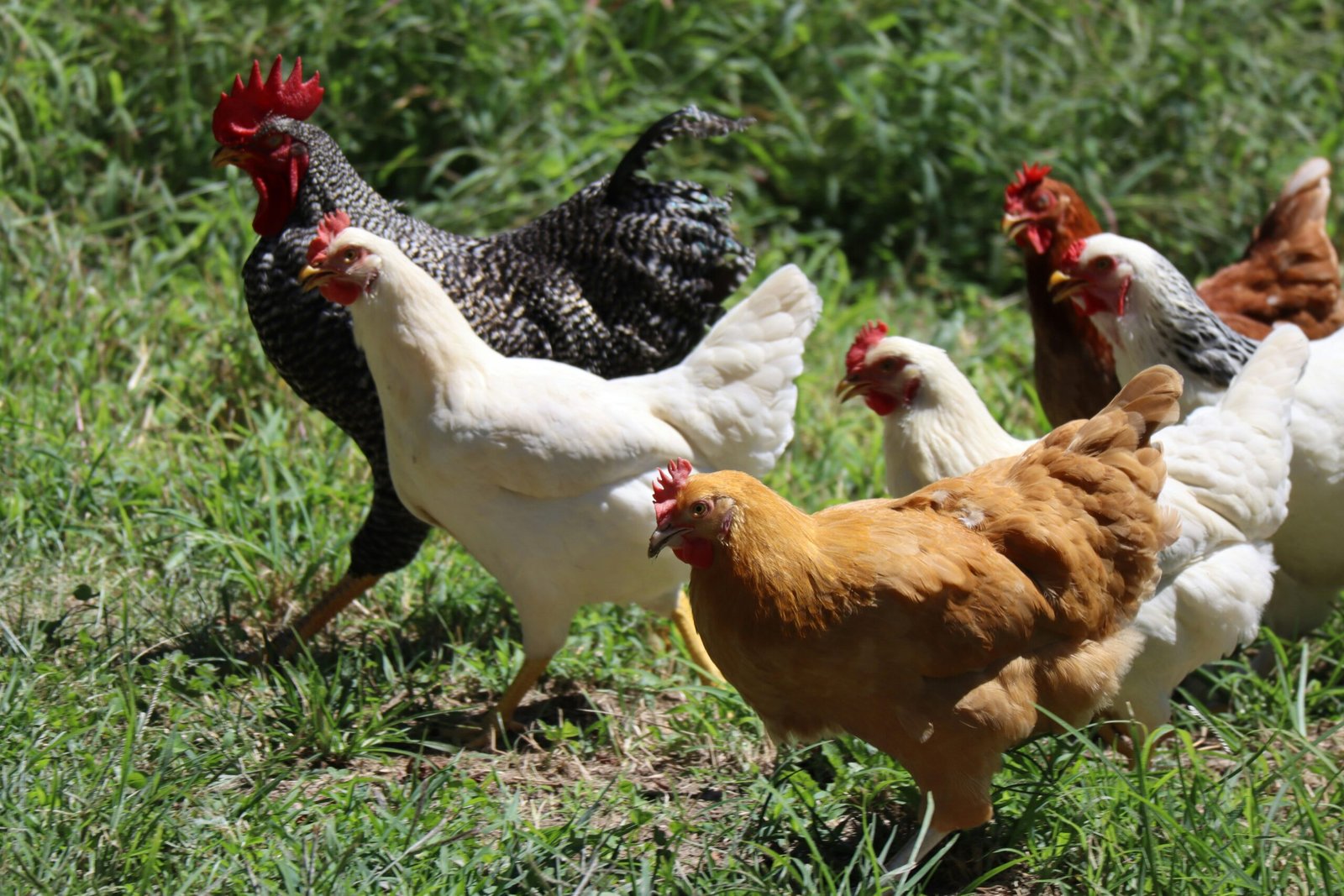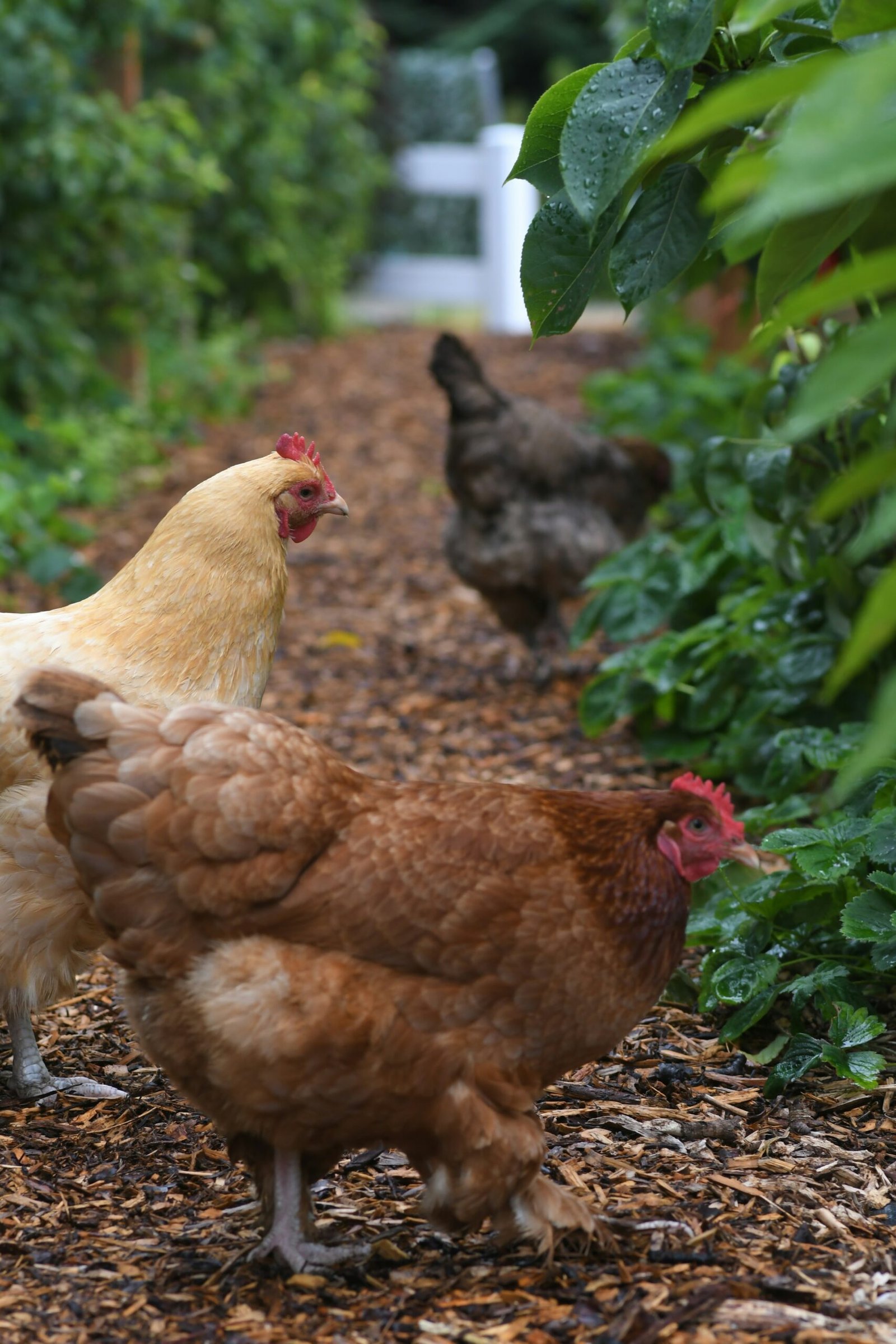As a proud chicken owner, you know that caring for your feathered friends is a year-round commitment. Just like any other animal, chickens have unique needs that vary with the changing seasons. To ensure their well-being, it’s important to provide them with proper care and attention throughout the year. In this article, we’ll discuss some essential tips for caring for your chickens during different seasons, including how to keep them cool in summer and warm in winter, make necessary feeding adjustments, and protect them from weather-related stress.
Summer Care for Chickens
Summer can be a challenging time for chickens, as they are more susceptible to heat stress. Here are some tips to help keep your chickens cool:
- Provide shade: Create shaded areas in their coop or run using tarps, umbrellas, or natural covers like trees or shrubs. This will protect them from direct sunlight and help them stay cool.
- Ensure proper ventilation: Good airflow is crucial to prevent overheating. Make sure the coop has enough windows, vents, or fans to promote air circulation.
- Offer fresh water: Chickens need plenty of water to stay hydrated in the heat. Provide multiple water sources and consider adding ice cubes to keep the water cool.
- Adjust feeding schedule: Chickens tend to eat less during hot weather, so offer their main feed during the cooler parts of the day, such as early morning or evening. This will encourage them to eat when they are more comfortable.
- Provide cooling treats: Frozen fruits, vegetables, or even plain yogurt can be a refreshing and nutritious treat for your chickens on hot days.
Winter Care for Chickens
Winter brings its own set of challenges, especially when it comes to keeping chickens warm. Here are some tips to help your chickens stay cozy during the colder months:
- Insulate the coop: Proper insulation is essential to keep the cold air out and retain warmth inside the coop. Use materials like straw, hay, or wood shavings to provide a thick layer of bedding.
- Prevent drafts: Check for any gaps or cracks in the coop that could allow cold air to enter. Seal them using weatherstripping or caulk to maintain a draft-free environment.
- Use a heat source: Consider using a heat lamp or heated pads designed for poultry to provide additional warmth. Place them safely in the coop, away from flammable materials, and ensure they are secure to prevent accidents.
- Adjust feeding schedule: During winter, chickens need more energy to stay warm. Increase their feed portions and offer warm, cooked grains or oatmeal to provide extra calories and help them generate body heat.
- Ensure access to water: Prevent the water from freezing by using heated waterers or changing the water frequently. Dehydration can be a serious issue during winter, so make sure your chickens have access to fresh, unfrozen water at all times.
Weather-Related Stress Protection
Extreme weather conditions can cause stress to your chickens, regardless of the season. Here are some general tips to protect them:
- Monitor weather forecasts: Stay informed about upcoming weather changes and take necessary precautions in advance.
- Provide proper bedding: Clean and dry bedding helps insulate chickens from the cold ground and keeps them comfortable.
- Check for signs of distress: Keep an eye out for any signs of discomfort, such as panting, lethargy, or reduced egg production. If you notice any concerning symptoms, consult a veterinarian.
- Keep predators away: Extreme weather can make chickens more vulnerable to predators. Ensure their coop is secure and protected from potential threats.
- Offer mental stimulation: To prevent boredom during confinement, provide your chickens with entertainment options like hanging treats, pecking toys, or even a dust bath.
Remember, every chicken is unique, and their needs may vary. Observing their behavior and making adjustments accordingly will help ensure their well-being. By following these seasonal care tips, you can keep your feathered friends happy, healthy, and comfortable throughout the year.




